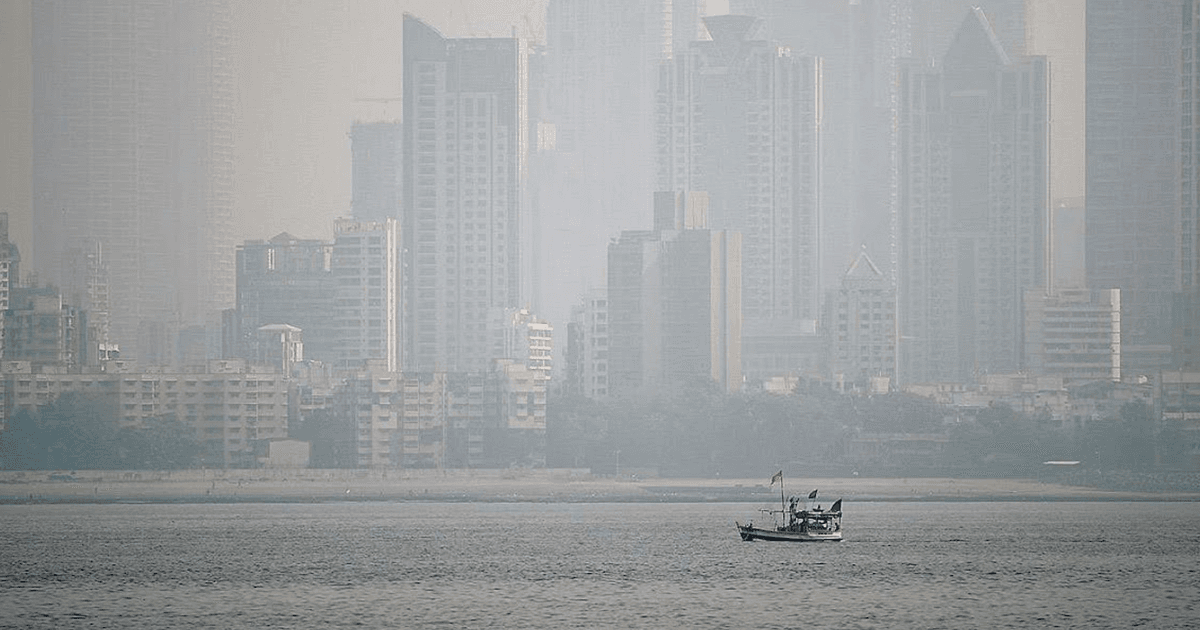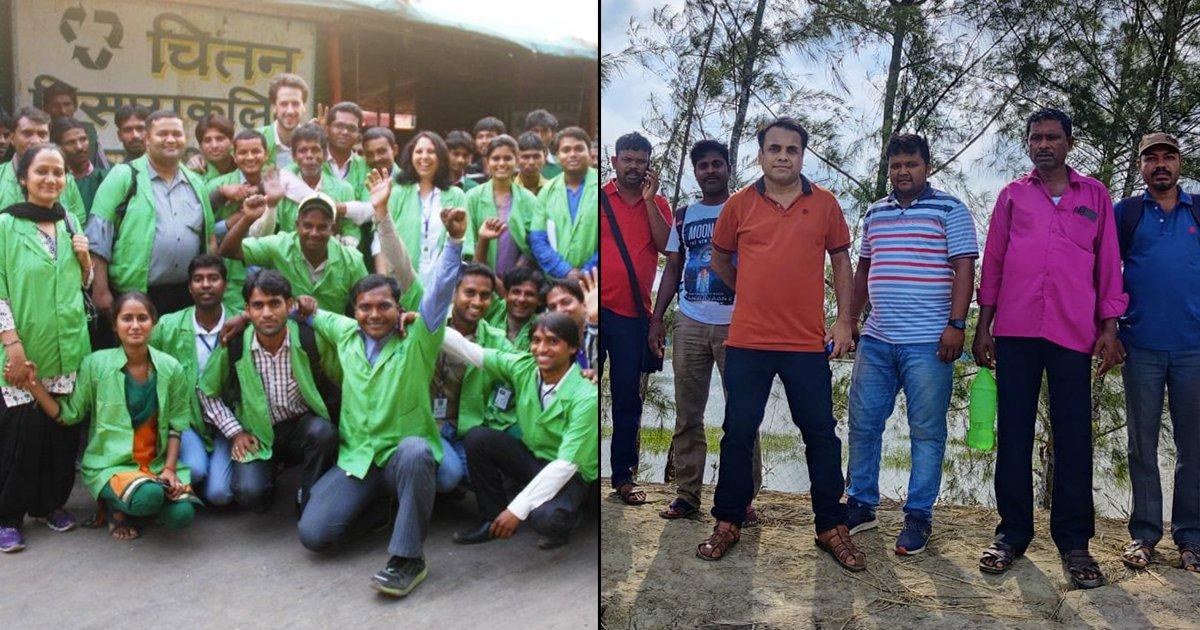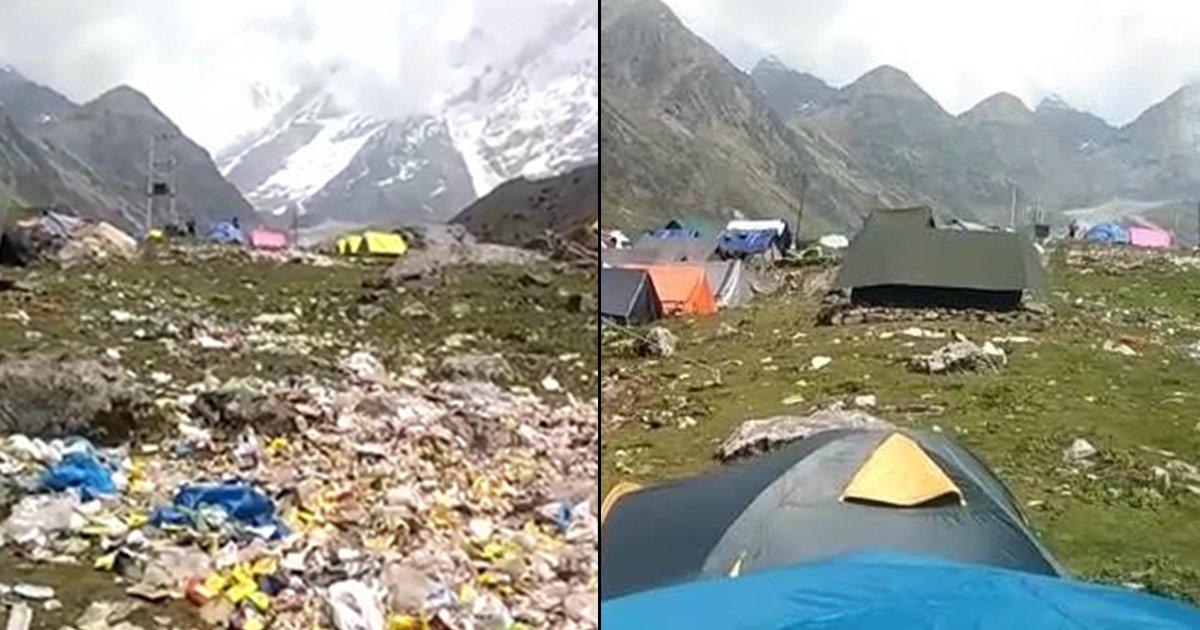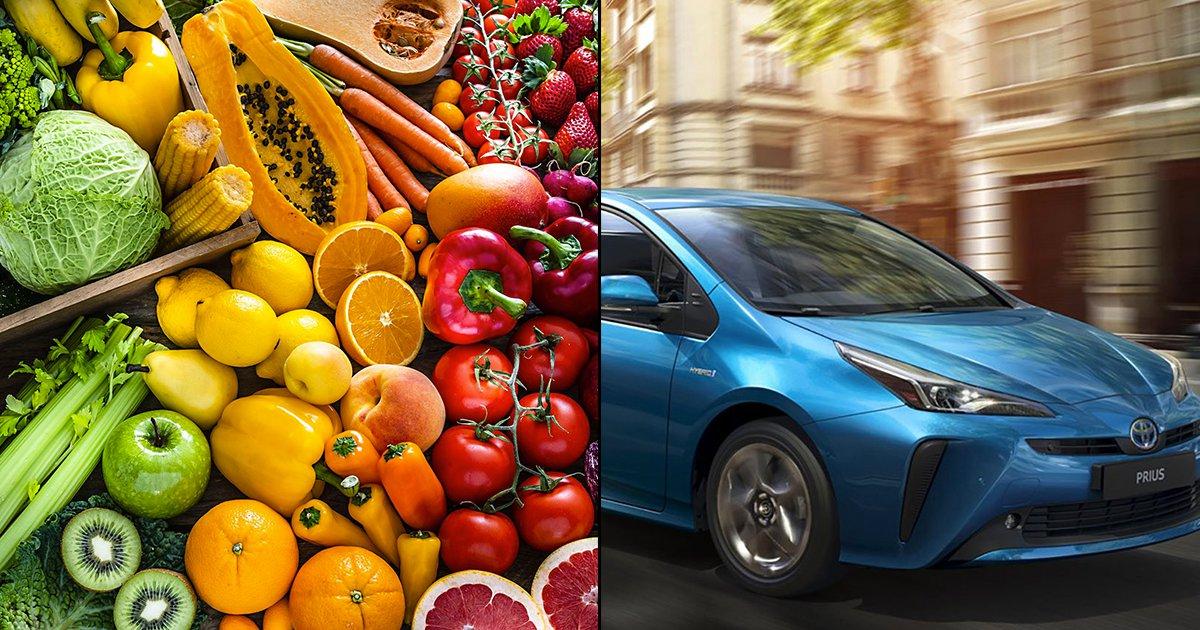If we compare Earth’s history to a calendar year, modern humans have been around for 37 minutes and have managed to use up 1/3rd of Earth’s natural resources in the last 0.2 seconds. We are destroying our planet every passing second, and if we don’t change our ways not much will be left for us to save. Here’s how many years are left before we run out of the resources.
1. Earth will run out of water by 2040
It takes 24,000 litres of water to produce just 1 kilo of chocolate and more than 15,000 litres of water to produce 1 kilo of beef. The cotton for a t-shirt requires almost 3,000 litres of water.
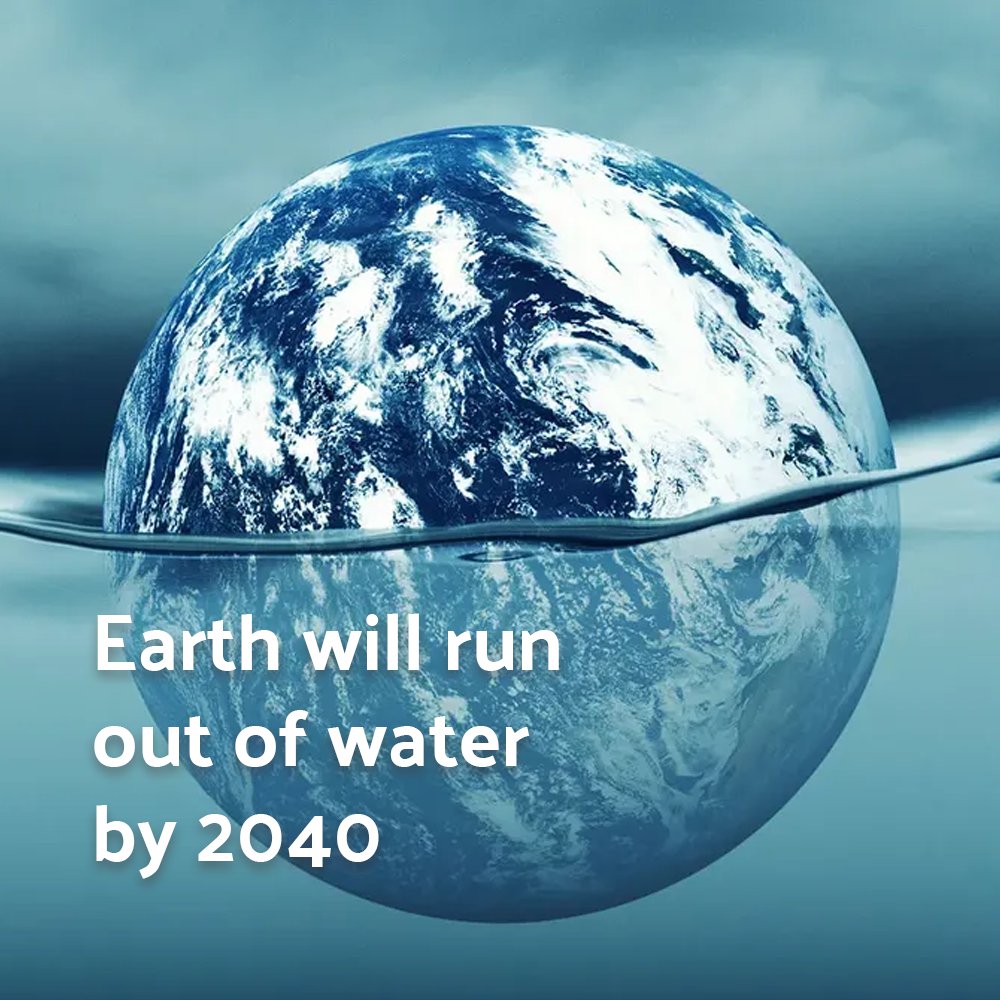
Although our planet is 70% water, only 2.5% of that 70% is freshwater, which is useful to humans. Most of this 2.5% is in the form of ice or permanent snow cover, leaving only a few percentages of water available for us. If we don’t change our ways, the earth will run out of water by 2040.
There will be no water by 2040 if we keep doing what we’re doing today.
-Professor Benjamin Sovacool, Aarhus University, Denmark.
2. There will be no more rainforest in 2100
By 2000, half of the world’s rainforest was already destroyed. Tropical rainforests cover less than 3% of the planet, yet they are home to more than half our planet’s terrestrial animal species.
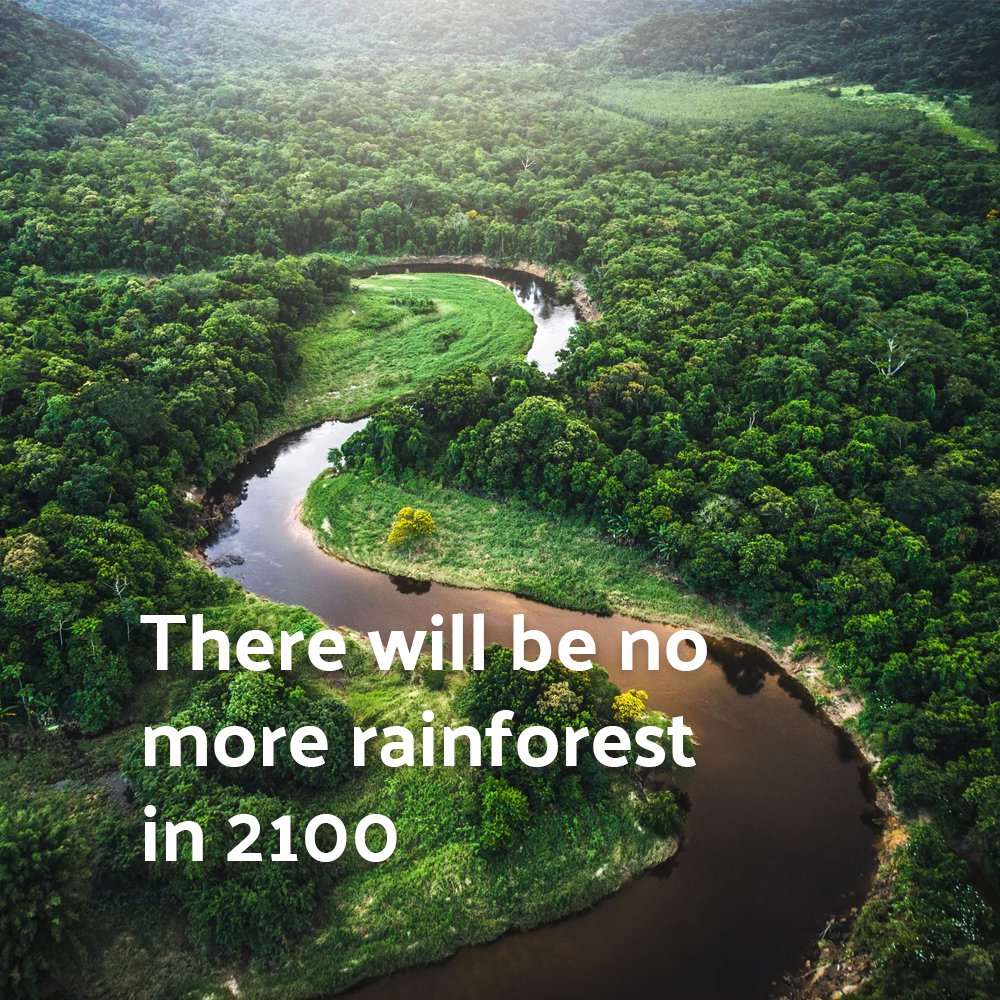
In just 40 years, 1 billion hectares of forests have been cut down worldwide. That’s an area bigger than China.
Rainforests help in stabilizing the climate. With the current rate of deforestation, the world’s rainforests will be gone by 2100.
3. There will be no more fish in the ocean by 2048
The world’s oceans could be virtually emptied of fish by 2048. The reason? Overfishing. If that was not bad enough, the world has also produced more than 9 billion tons of plastic since production took off in the 1950s.
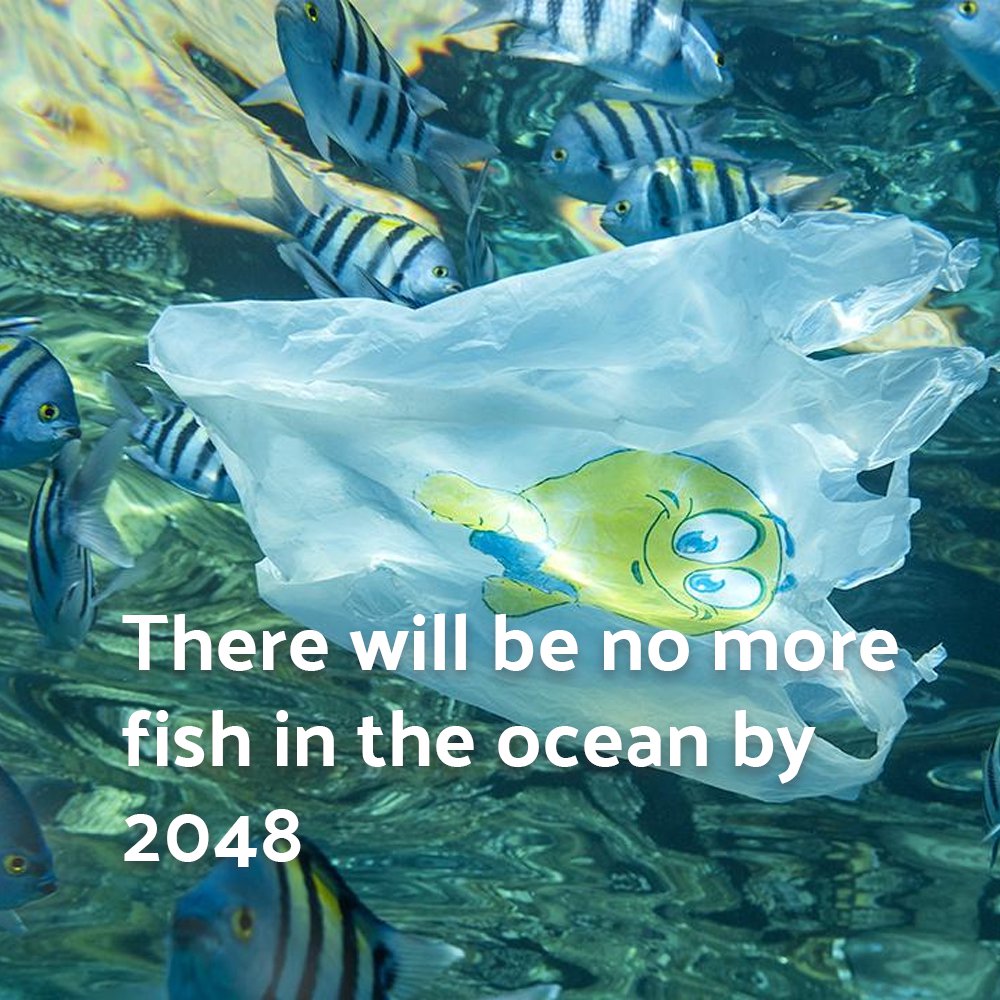
A major part of which ends up in the ocean. So much so that if the same trend continues, there will be more plastic than fish in the world’s oceans by 2050.
4. More than half of the coral reefs are already lost
Coral reefs are the rainforest of the sea. Children born today may be the last generation to see coral reefs. The decline in coral reefs is twice as fast as the decline in the rainforest. By 2070, coral reefs could be gone altogether.
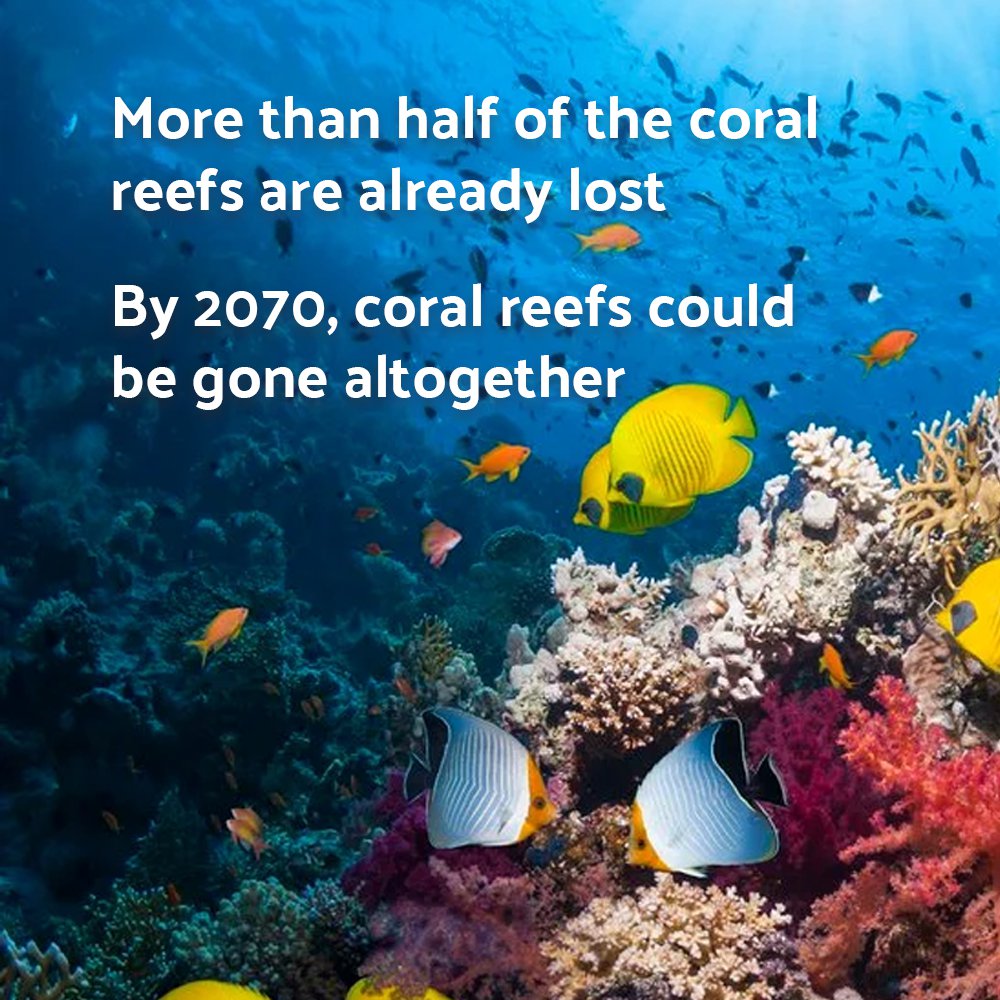
5. Over 4 million square kilometers of land is being degraded every year
Thanks to the degradation, 1,20,000 square kilometres of land is turned into actual deserts. Over 75% of the Earth’s land area is already degraded, and over 90% could become degraded by 2050.
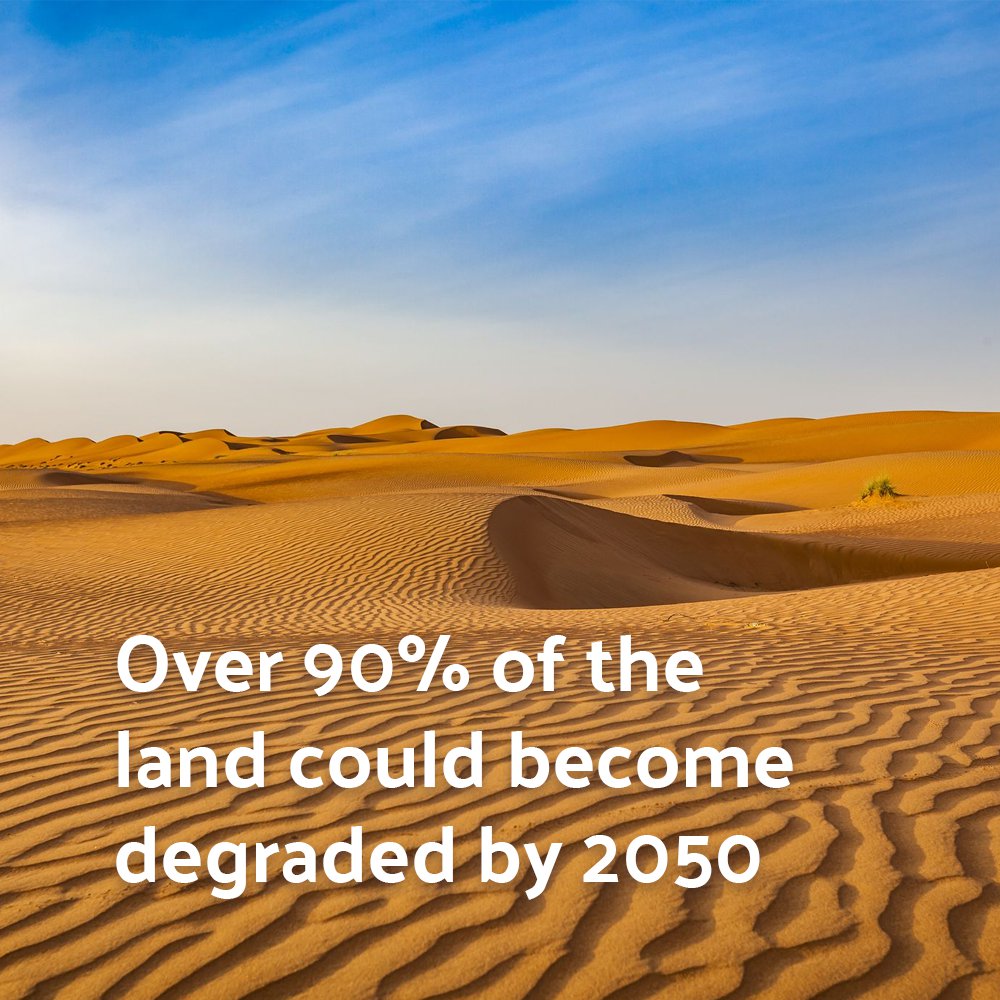
Desertification is a phenomenon that ranks among the greatest environmental challenges of our time. Yet most people haven’t heard of it or don’t understand it.
-UN
6. Oil deposits could be used up by 2052
Oil distillation products like petrol and diesel run almost every mode of transport around the world, without which global transportation will be severely debilitated.
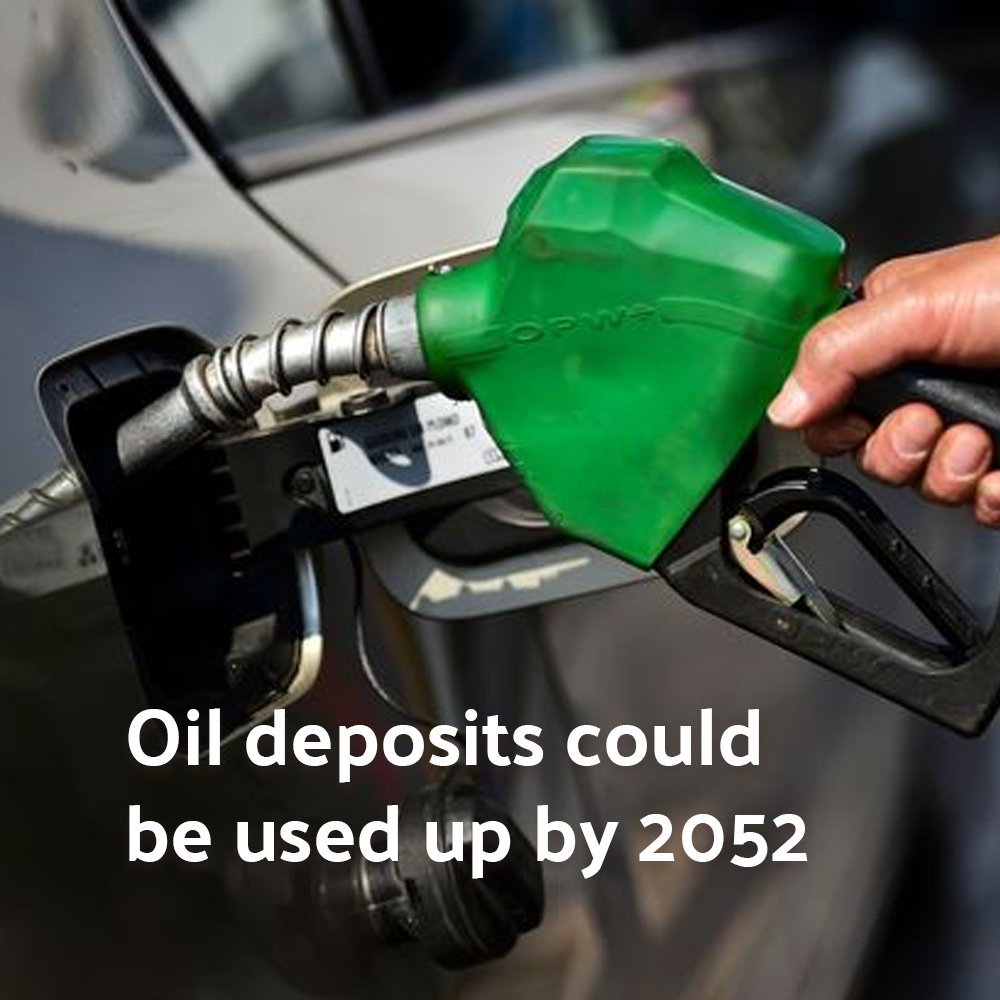
As of 2010, there were only 188.8 million tons of oil left in the known oil reserves. If our demand continues at the same rate, these oil deposits could be used up by 2052.
7. We will run out of coal by 2171
Coal is the most used fossil fuel and a non-renewable energy source. Coal extraction is predicted to be at its peak between 2025 and 2048. The Union of Concerned Scientists believes there is only enough coal to last about 150 years.
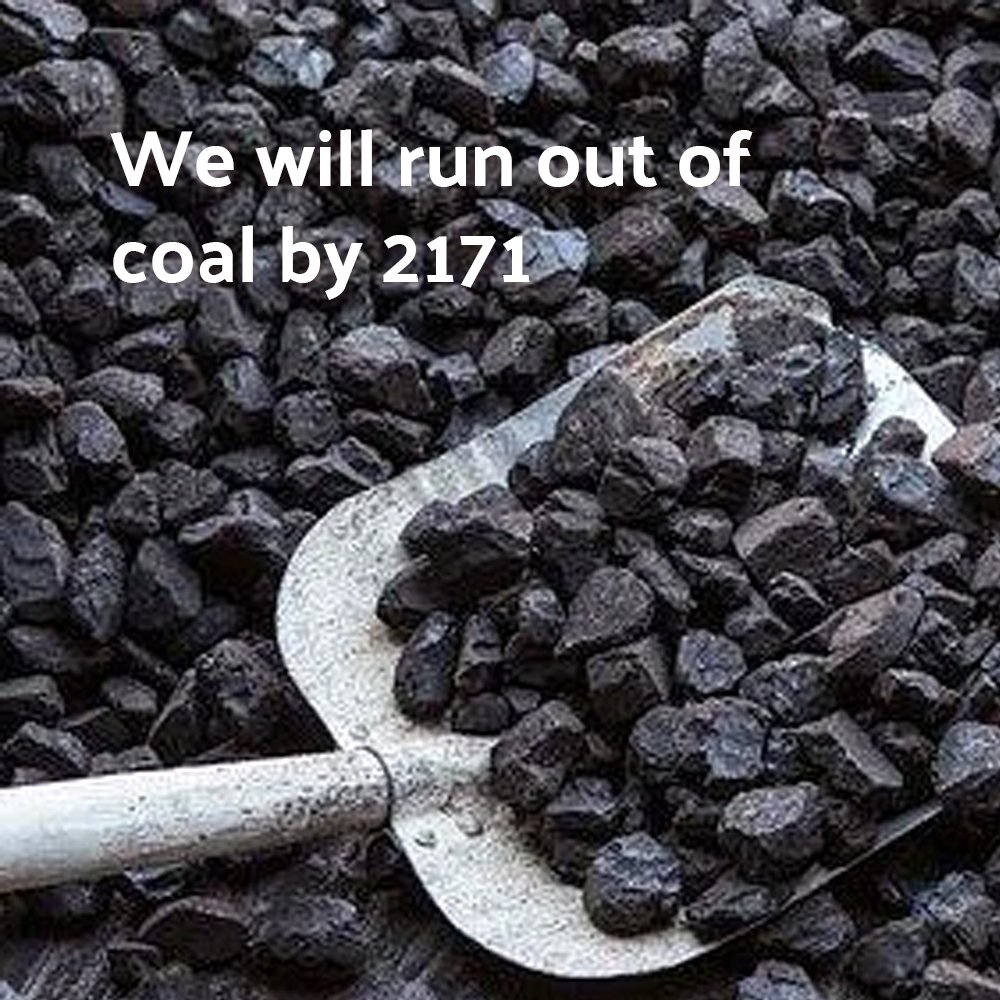
At this rate, we will run out of coal by 2171. But if the demand increases, the timeframe will decrease drastically.
8. We are left with less than 50 years of natural gases
Natural gas is key to making some fertilizers, which, if gone, would cripple food production around the globe. As of 2010, the known reserves of natural gas were estimated to last 58.6 years with the current global production.
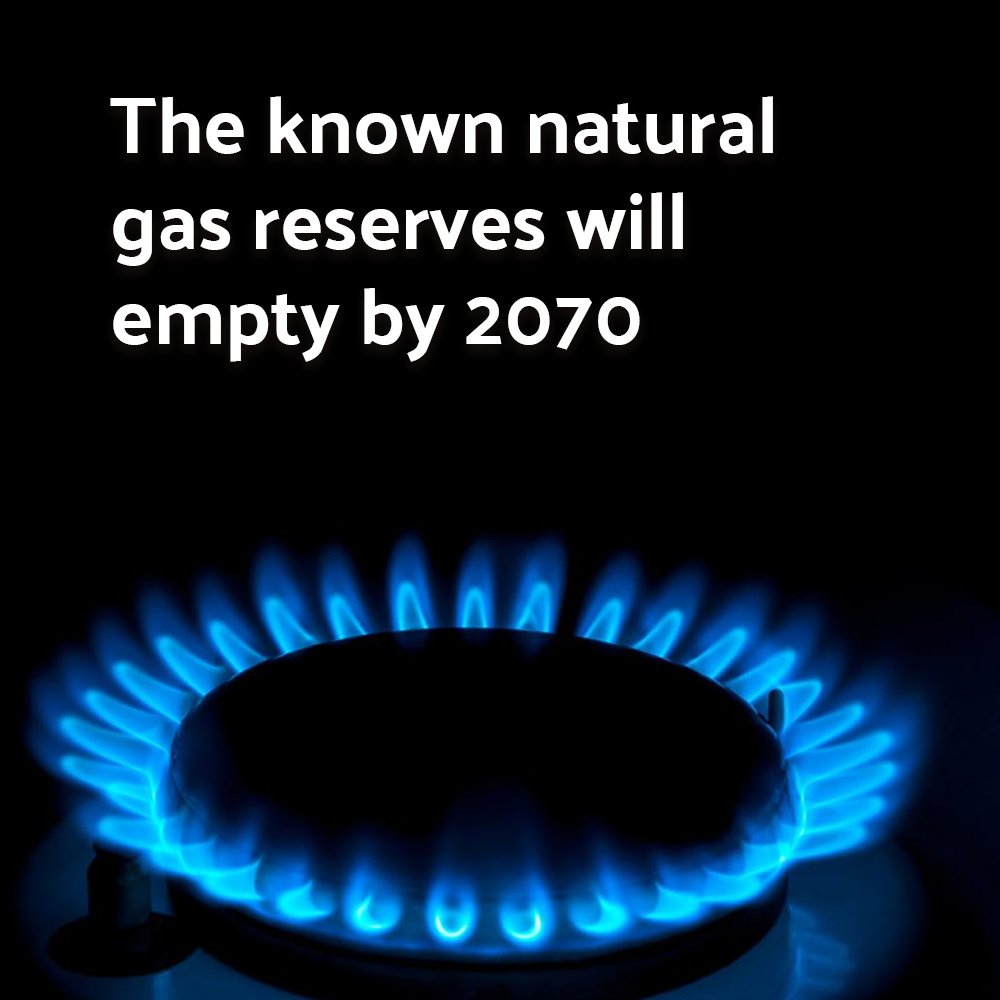
We have been receiving warnings for quite some time now. But if we still don’t change our ways, we will lose most of the resources of whatever little we have left right now. This Earth Day, promise yourself to adopt small changes on an every day basis in order to make our earth more habitable.
Also Read | 11 Small Things You Can Do On An Everyday Basis To Reduce Your Carbon Footprint




